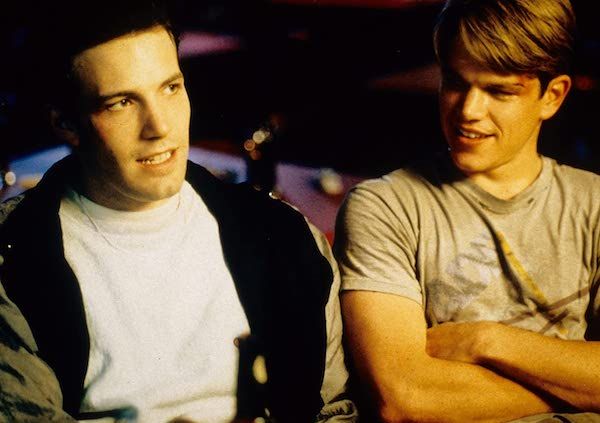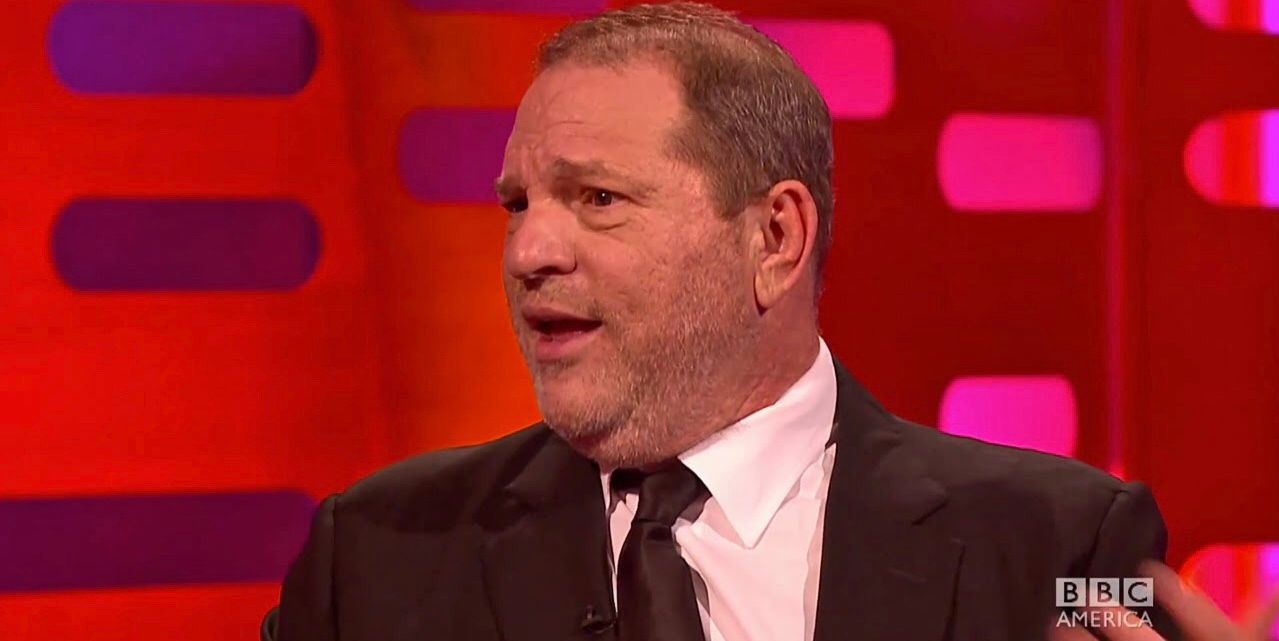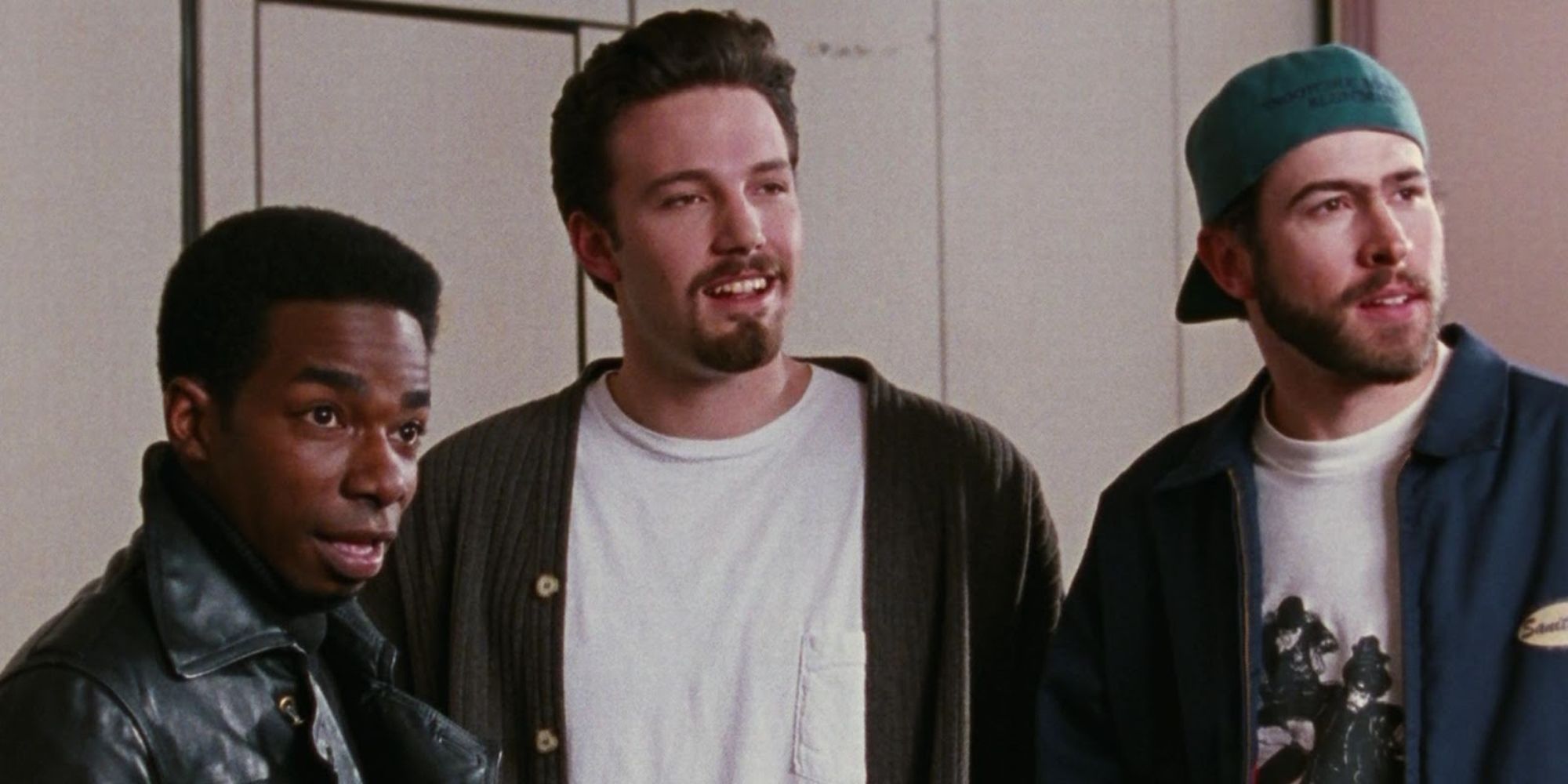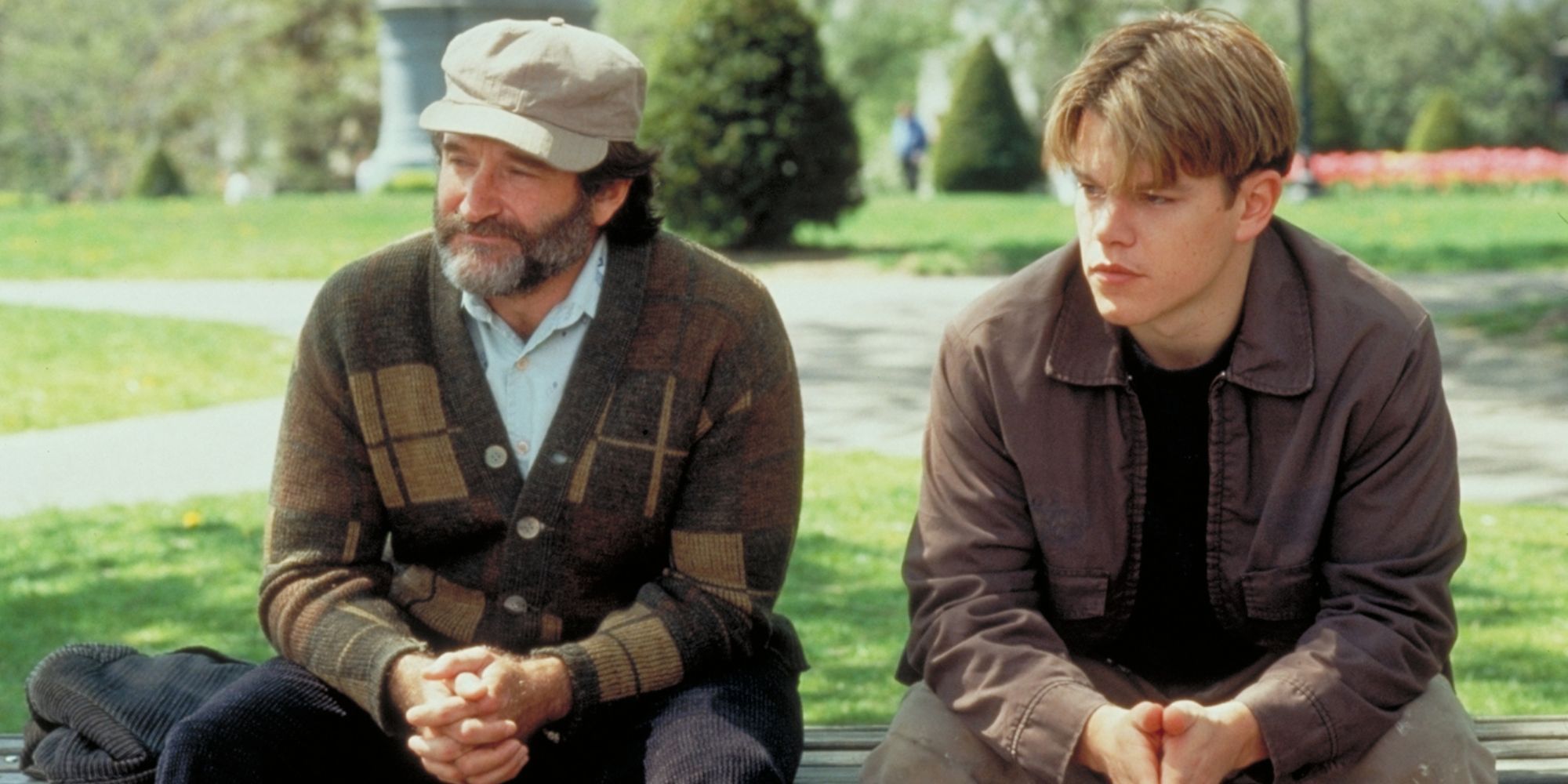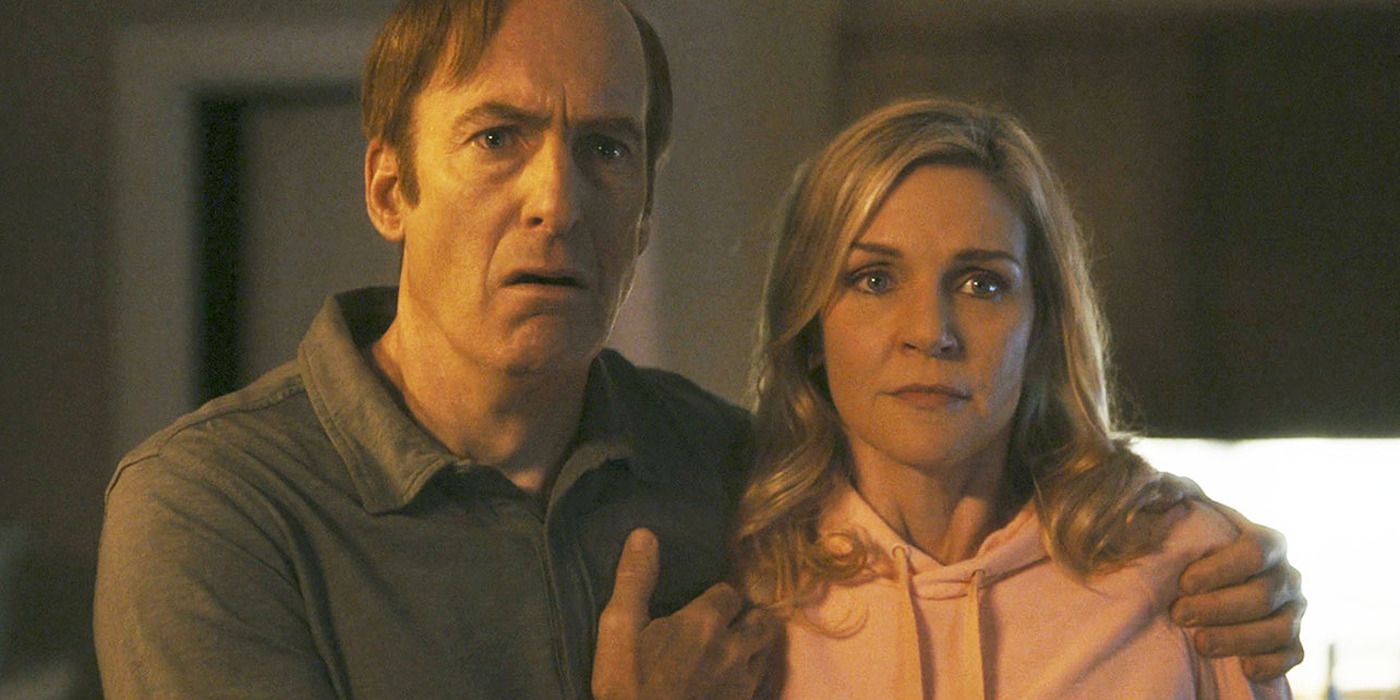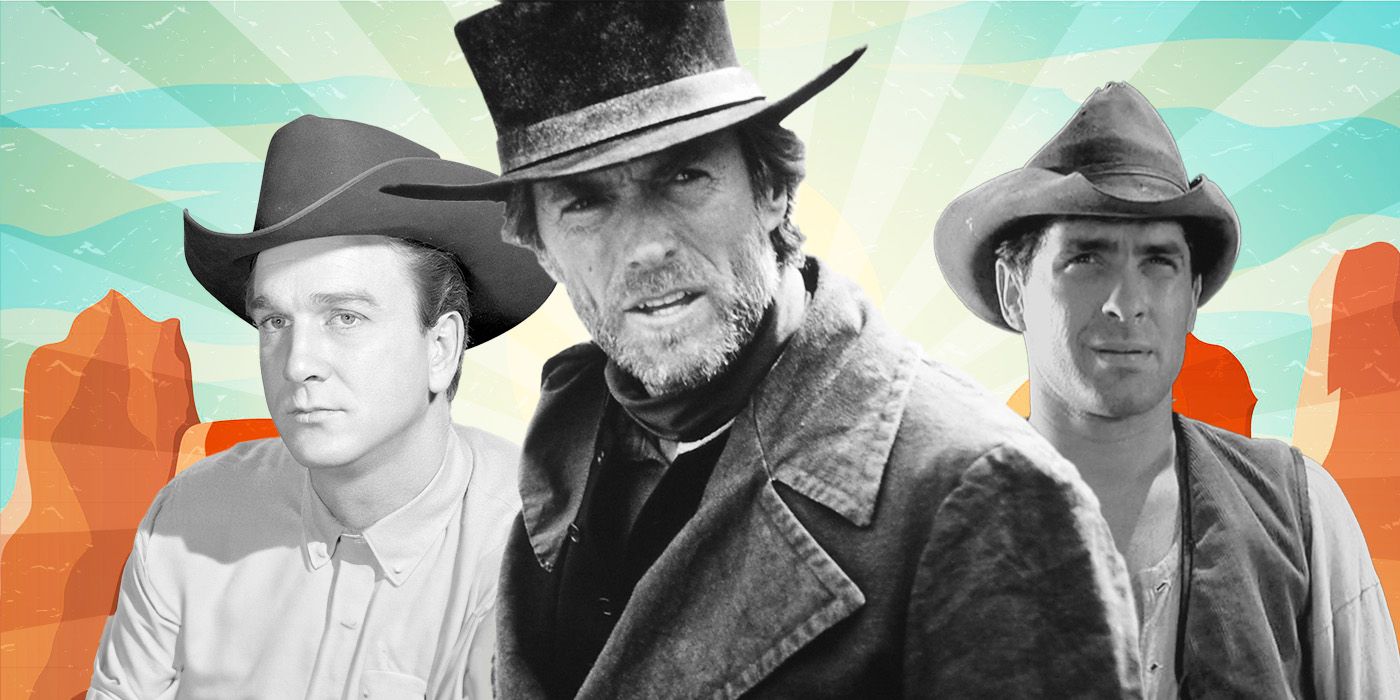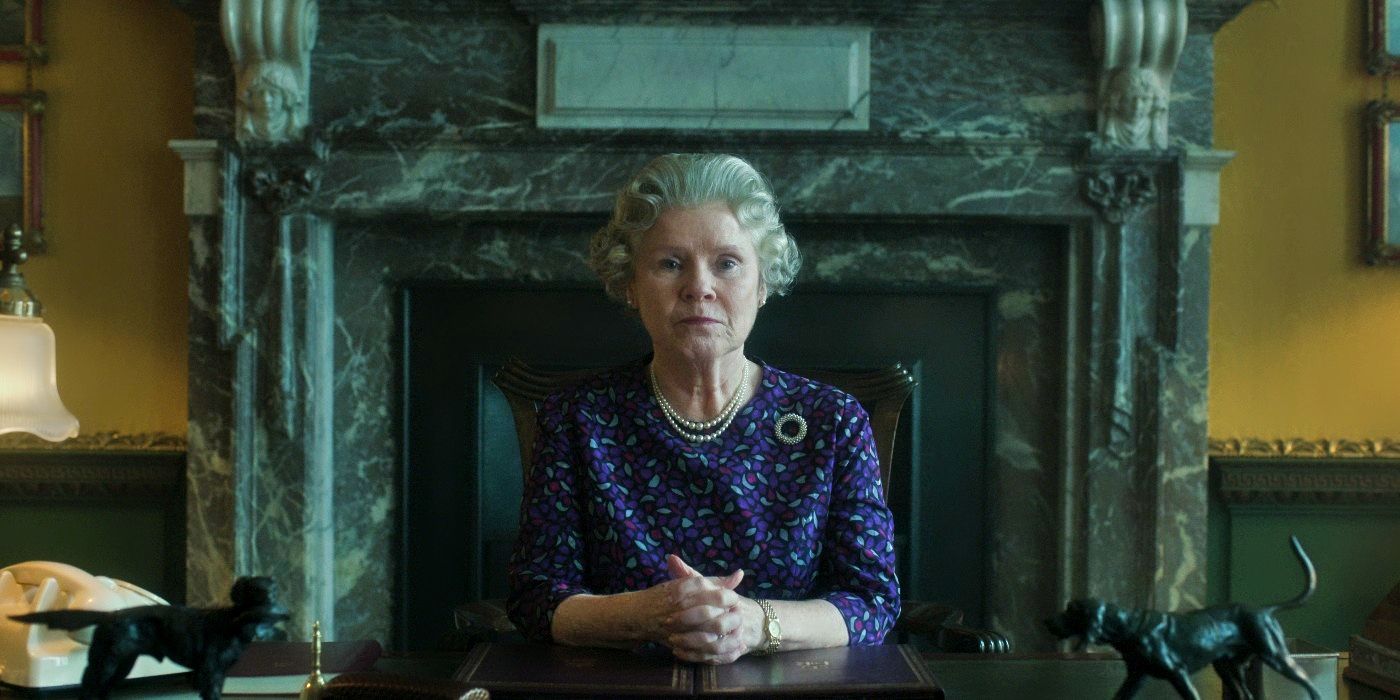The Big Picture
- The theory that Matt Damon and Ben Affleck used sexually explicit scenes in their Good Will Hunting script to test producers’ reading diligence is flawed and reflects toxic masculinity.
- The stigma surrounding homosexuality at the time influenced Damon and Affleck’s decision to include a gay sex scene, and Harvey Weinstein’s objection revealed his homophobia.
- Both Damon and Affleck have displayed toxic masculinity in their past actions and remarks, but the film Good Will Hunting offers a message of growth and breaking free from toxic masculinity.
Matt Damon and Ben Affleck started their acting careers in the 1980s. Both were very close in age, and both had momentary roles in 1989’s Field of Dreams followed by a few more shared film credits after that. They soon began working together on a script for Good Will Hunting and, when they were ready to pitch the film to studios, they began to have doubts. The producers at Castle Rock Entertainment working with them had asked for numerous rewrites, but Damon and Affleck believed they weren’t thoroughly reading the drafts they were turning in. To test their theory, they began turning in rewrites with sexually explicit scenes between male characters. They figured that whichever producer read the entire script would immediately request the scene be removed, and the first one to do so would earn the rights to produce the film.
This theory is flawed in more than a few ways when looked at through the context how studios incorporate rewrites during the production process. The toxic masculinity involved in this type of underhanded test for producers is often mirrored in the movie they wrote. Toxic masculinity isn’t a condemnation of masculinity in general, but refers to specifically harmful behavioral expectations for men to be considered masculine. Expectations such as male dominance, rugged individualism, avoiding displays of emotion, and a proclivity to aggression and violence are doing far more harm to our society than we originally believed. Societal norms have shifted significantly since this film was made, so discussing the toxicity surrounding this film’s production can provide important lessons about the ways Hollywood can improve how masculinity is represented in modern films and in each studio’s work environment.
Homophobia Shaped the Actors’ Flawed Theory
Good Will Hunting is a powerful film about facing your fears and reaching your full potential. The performances were strong and the story was so inspiring that Robin Williams took home his fourth Academy Award for Best Actor, and Damon and Affleck won the Oscar for Best Original Screenplay in 1998. It had just been 10 years since the DSM completely removed homosexuality as a mental disorder when Damon and Affleck wrote this film, but the stigma surrounding gay people was still very prevalent in society. Pervasive heteronormativity dehumanizes anyone who isn’t a straight and perpetuates violence against the LGBTQIA+ community, and society had been normalizing that type of bigotry for decades before this movie was made. That’s why Damon and Affleck using gay sex scenes as bait for their test is so problematic, and can teach us a lot about how stigma can feed into false assumptions.
Damon and Affleck added an in intimate encounter between Sean (Williams) and Gerry (Stellan Skarsgård) to their rewrites, and of all the producers that had read the script, Harvey Weinstein was the first to vocalize his objections. Weinstein revealed in an interview with Graham Norton that this was the sole factor in the two of them signing over the rights for their script to him. Considering his predatory history, and his homophobic insistence that gay actors would never succeed if they came out, his desire to cut the gay sex scene within 10 minutes of their first meeting isn’t surprising. Other producers may have been equally concerned about the scene, but were more concerned about other scenes being written better before filming began and would cut the unnecessary sex scene after the rest of the script was put together. That’s exactly why directors and producers continue to ask for rewrites throughout the production rather than waiting to start filming until they feel the script is perfect. The assumption that a producer would prioritize concerns for a minor gay sex scene over higher priority plot-driven scenes is what makes Damon and Affleck’s theory so underdeveloped and homophobic.
Ben Affleck and Matt Damon Both Have Toxic Masculinity Traits
Damon and Affleck are hardly strangers to expressing homophobic beliefs. During a 20th anniversary screening of Chasing Amy, director Kevin Smith reveled how Affleck felt after filming the scene where his character Holden and Banky (Jason Lee) kiss. Affleck believed that “a man kissing another man is the greatest acting challenge an actor can ever face,” and it meant that “now, I’m a serious actor.” His homophobia surrounding this kiss for the film wasn’t exactly a secret, either. Affleck admitted to Entertainment Tonight during the press tour for this film how his trouble with kissing another male actor made him realize how homophobic he was. After Smith rehashed Affleck’s remarks, many actors like Evan Rachel Wood pointed out how absurd it is for someone to consider a simple kiss as an enormously difficult acting challenge when actors like her have been asked to perform the experience of sexual assault. Affleck has expressed support for gay marriage, but his toxic masculinity still causes him to find jokes about sexual assault appropriate as recently as the Justice League press tour. While he has taken steps to deconstruct his homophobia, it’s clear Affleck has to do a lot more work deconstructing his toxic behaviors.
Damon also has his own experiences with toxic masculinity and homophobia. In a 2021 interview with The Sunday Times, Damon revealed that his daughter had written him an essay on how harmful the “f-slur for homosexuals” can be after he made a joke in front of her using the slur. He vehemently tried to defend himself, claiming that the derogatory word was used so commonly when he was growing up that he knew it was an insult “before I knew what it even referred to.” Even though he claimed to be retiring his use of the word, there was concern as to why it took him so long to learn the harm that word causes. As with Affleck, Damon’s toxic masculinity afforded him the privilege of never having to empathize with the LGBTQIA+ community and the harm caused by people casually sharing jokes with slurs about them. If it weren’t for his daughter researching and writing an essay to convince him to stop, Damon would likely still be using that word without any clue of the harm it causes. Toxic masculinity has prevented both of these actors from learning the empathy necessary to understand how things that seem harmless to them could be harmful to people different from them.
‘Good Will Hunting’s Ending Makes Baby Steps Toward Progress
Modern men can learn a lot about combating their own toxic behaviors and attitudes by considering how Good Will Hunting ends. One of the most moving moments in this film is when Sean confronts Will about the physical abuse he suffered as an orphan in foster homes. He’s determined to convince Will that it was never his fault. It’s the first moment in the film the audience sees Will’s authentic emotions instead of the intellectual masks he wears to hide from his trauma. His breakthrough helps him take enormous steps toward achieving the life he wants using his full potential. The overall message of processing the emotions of your past, so you can move forward with your life is literally the antidote to toxic masculinity. Gaining a better perspective of his past and understanding the emotions involved helped Will see his own life in a healthier way, and enabled him to seek the love he deserved while striving for his full potential. Once Will understood the importance of processing emotions, he stopped seeking violence, dominance and strict self-reliance. He was able to understand how toxic masculinity had been holding him back. He was able to feel love and empathy for his girlfriend Skylar (Minnie Driver), who was just as in love with him and just as scared about starting a new life together as he was. He made a better life for himself because of that one breakthrough, and didn’t sacrifice a shred of his masculinity in doing so. Just like Will, all men have so much potential that they’re being held back from by unhealthy societal expectations. Here’s hoping that more men find their way to more emotional maturity and a well-rounded, fulfilling way of portraying masculinity.

